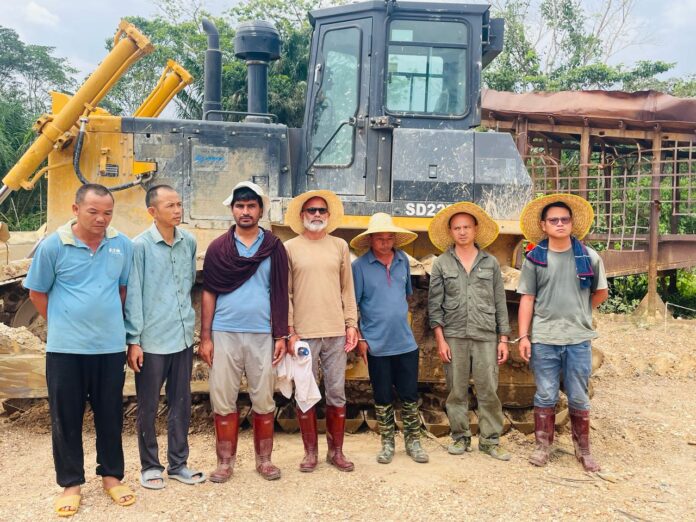He added that many of the foreign nationals arrested further complicate prosecution by withholding identification.
“You arrest some of them, then they tell you they don’t have their passport, and their identities become difficult to establish. Once they get into the system, it is difficult to track some of them,” he said.
Pressed by the host on whether deportation without trial sets a dangerous precedent, especially when Ghanaians face the full weight of the law, Mr. Terlarbi replied: “Let’s be realistic. The situation at hand—we cannot do things the same way and think that we’ll have the same results. We need to be a little innovative.”
When the host challenged him on the fairness of the approach, saying, “You are okay dealing with the frustrations regarding the court when it comes to Ghanaians, but you are not okay dealing with the same individuals when they are foreigners? That is double standards at best,” the Deputy Minister responded: “Not really.”
His remarks underscore growing concern that the fight against illegal mining is being undermined not just by the activities of foreign nationals, but by systemic weaknesses in Ghana’s justice and enforcement institutions.
ALSO READ:

